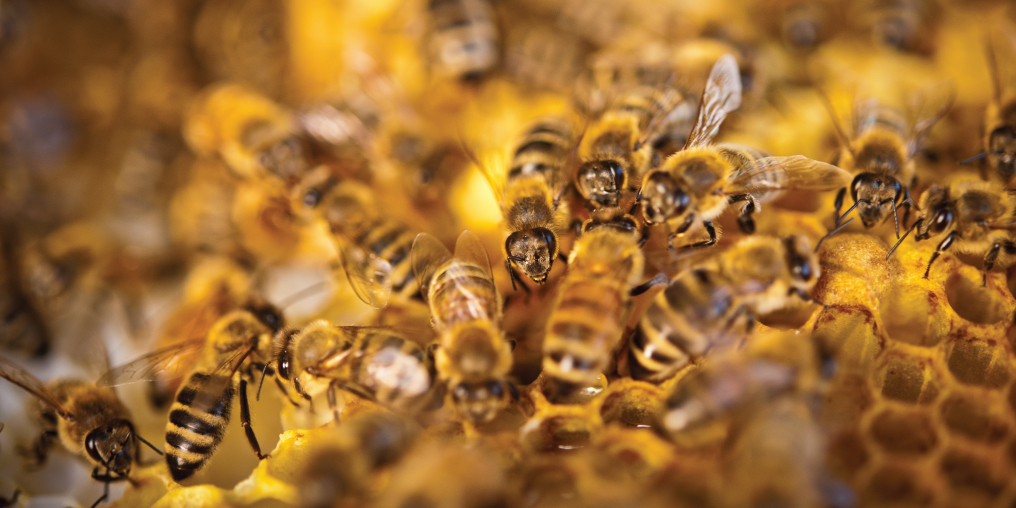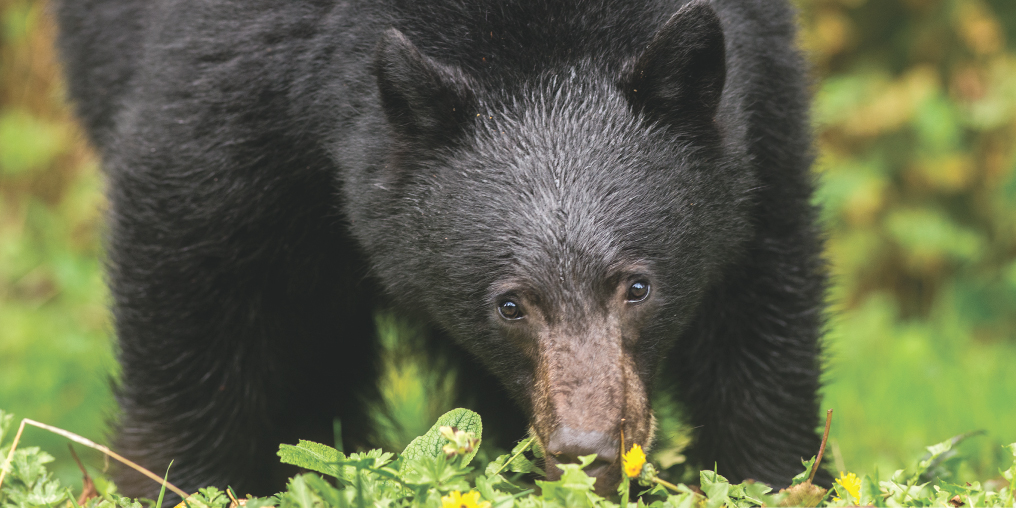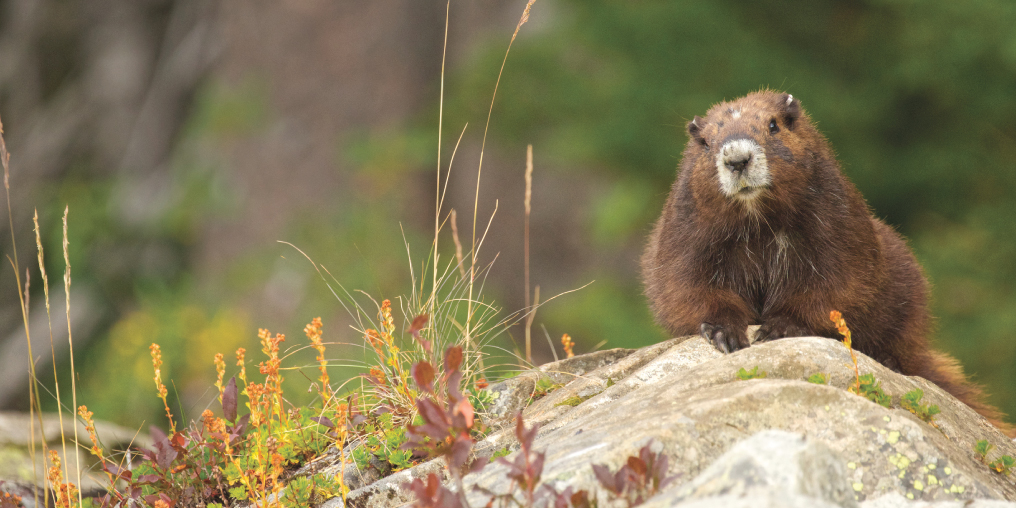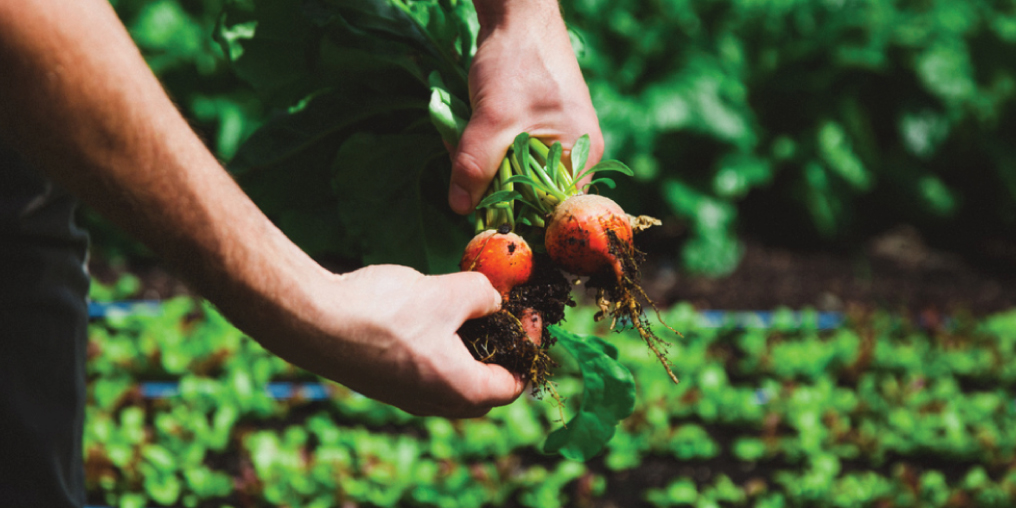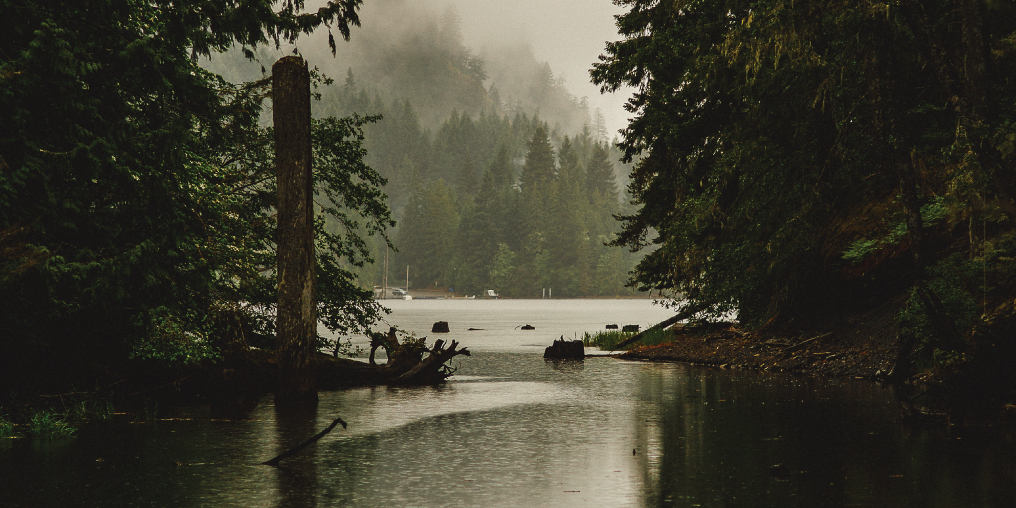I can’t imagine our backyard without the sweet scent and gentle hum of the hives. At this time of year our girls are busily buzzing from sun up to sun down. Almost all of the hive’s day-to-day work is done by the tens of thousands of female “worker” bees that make up the bulk of the population. And busy they are: building wax comb, feeding and grooming the queen, preparing cells for eggs, preparing nectar and pollen storage, foraging for nectar and pollen, defending the hive, and performing the magical alchemy of transforming nectar into honey. Master of her domain, and responsible for laying every single one of the tens of thousands of eggs, the Queen Bee perpetuates the hive’s population from year to year. Finally, the relatively few male “drones” have only one purpose in life—to follow an unmated virgin queen on her nuptial flight and to try and mate with her.
So you still want to become a beekeeper? Do your research: read, talk to local keepers, find a mentor and start coming to the local bee club meetings. While incredibly rewarding, beekeeping is a commitment of time, knowledge, and money and there is always more to know and learn. You can count on an investment of about $500 to get a hive going, including equipment costs and the cost of purchasing the bees themselves. Add to that the ongoing cost of purchasing more equipment as your hive grows, containers for honey storage, sugar for feeding if needed, and pest management products you will need to purchase every year. Backyard beekeeping isn’t going to make you rich.
Consider space and time: have a suitable location for your hive that is protected from wind and weather, preferably that gets morning sun, and is not going to affect your neighbours… commit at least a few hours a week from spring through to fall caring for your bees.
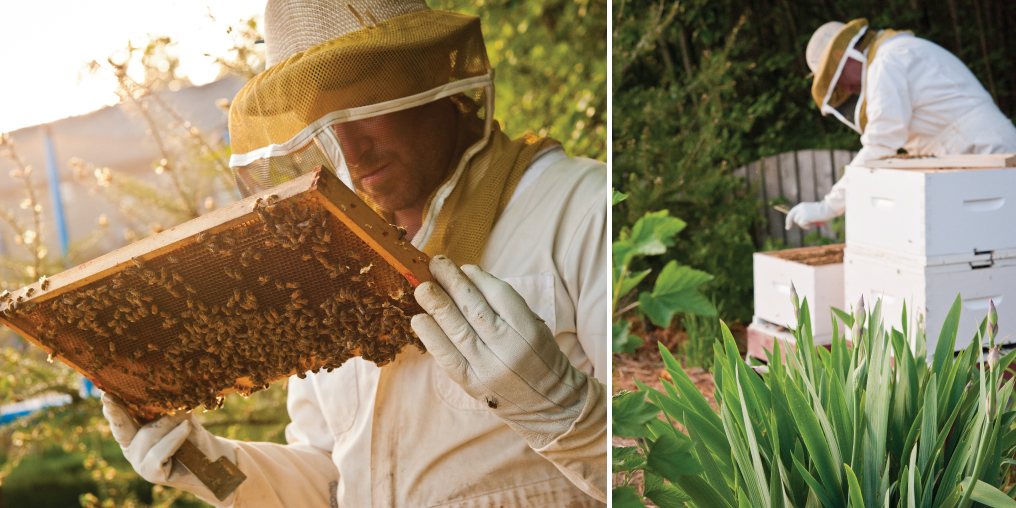
Ready to go? First, have all your equipment ready:
Your hive: It will need to include hive boxes, frames, bottom board, inner and outer covers, and an entrance reducer. Get protective clothing; a smoker, and basic hive tools. Then you need the bees. In the early spring, bees are usually shipped in the mail from warmer climates like New Zealand. In the late spring/early summer local beekeepers will often have nucleus hives or “nucs” of local bees available for sale. Connecting with your local bee club is a great way to find what you need.
Bees are essential to life. Without pollinators, we would lose an estimated 90% of our produce from store shelves—a sobering thought. Closer to home, my neighbour tells me her garden has never been better. Then, there’s the honey. Not only is local honey incomparable taste-wise to store bought honey, it also has a number of health applications, including antibacterial properties and allergen suppression. Not to mention the wonderful beeswax products you can make. If you want to learn more check out the Comox Valley Beekeepers Association website or Facebook page, or come to a meeting on the last Tuesday of every month. Hope to see your there!

